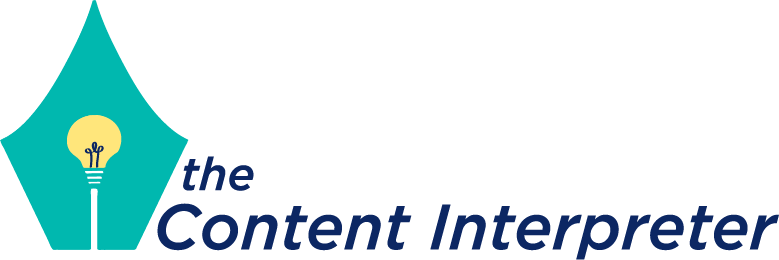I was very fortunate to learn the power of networking early. From my first day on campus at the S.I. Newhouse School of Public Communications at Syracuse University, the importance of networking on a professional and a personal level was practiced, not just preached.
Spoiler alert: it works. The skills I learned there - and putting them into practice - have helped me form relationships that I value deeply. Some have benefitted me financially, and some have offered me enlightenment and insight that has is worth more to me than all the money in the world.
Even still, I’ve always found the networking event, however beneficial it might be, to be a format that feels a bit unnatural. Doing what I do, I often get asked many questions:
“How much of a market is there for what you do?”
“Do you work with a lot of politicians?”
“How did you get started?”
All of these are welcome opportunities to engage and hopefully learn something in the process. When I am asked about my clients’ professions, though, and the answer I give is “not quite A-Z, but at least A-W (architecture to Wall Street)", there’s sometimes a sense of skepticism. How can I credibly write for such diverse audiences?
The answer is simple: I don’t do it alone. I rely on two enormously powerful assets that work in concert: my clients’ repertoire and my own curiosity. In fact, they are the linchpin of my process.
Clients’ repertoire of experience, experiences (not a typo, and yes, two different things) and their efforts are the backbone of their message and their speech. Always and forever. I feel so privileged to do what I do because I’m convinced that I’ve heard insights that I might never have heard otherwise. My mission is to play a small role in unlocking those insights for audiences - and in some cases, even for the client herself!
There’s a second crucial ingredient, though, and that is curiosity, what actually unlocks the insight. I often tell my clients that my layperson status is an asset to them because it allows questions that may be overlooked or unimagined to be asked. The question that gets asked can sometimes lead to ideas that become cornerstones of a great speech or talk. Not a perfect batting average, admittedly, but it’s far greater than the unasked question. Knowing how to utilize curiosity can take you to interesting places and develop previously unforeseen narratives.
Whenever you’re being asked directly, or it at least feels like you’re being asked, “What do you know?”, just know one thing. Curiosity leads to insight, which can lead to knowledge.
Remember that next time you’re shaking hands or exchanging business cards. The person who could lead to your next big insight might be standing right in front of you!

